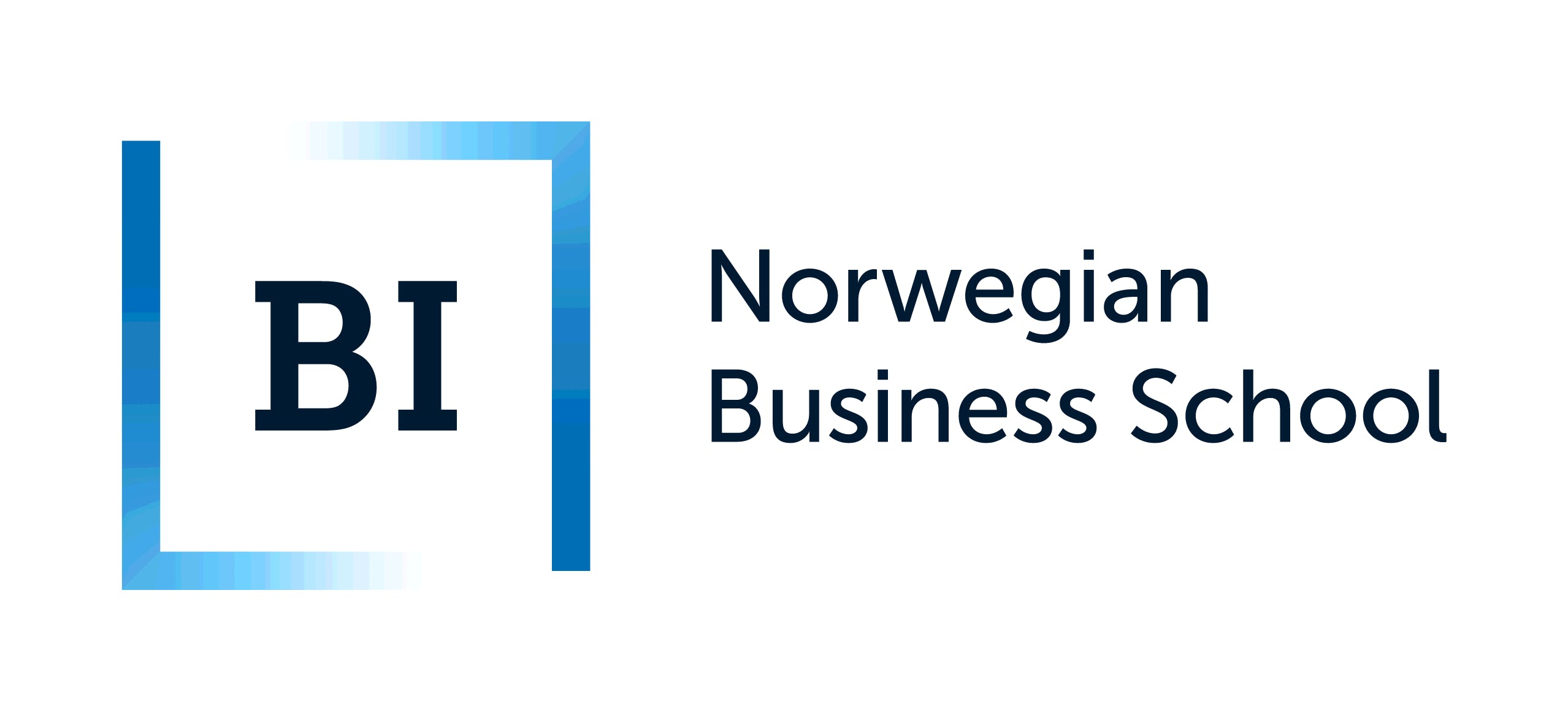Business schools around the world have had to adapt to the 'new normal', and Norway’s BI Norwegian Business School (BI) is no exception.
Since the COVID-19 outbreak, the school has pivoted to remote teaching, implemented a track and trace system, and changed how its campus is used. The priority was to keep campuses open to students as much as possible (respecting physical distancing rules) while classes were delivered remotely.
“Student and faculty safety was the priority, but we know students need an arena to work together face-to-face and socialize—but in a safe environment,” says Dr Janicke Rasmussen, dean for MSc programs at BI.
“It’s been a very steep learning curve for everyone—both students and faculty, but everyone is adapting to the new reality,” she adds.
But these changes are only the beginning. Janicke predicts that in a post-pandemic world, there will be new opportunities for business school graduates, and a different set of skills will be needed to grasp them.
For her, to thrive in the coming years will take leadership skills, the ability to incorporate sustainable practices into your work, and an international outlook.
The growing need for leadership skills
Leadership skills have always been crucial for long-term career success, but today’s masters graduates can expect to use their leadership abilities much sooner, Janicke (right) notes. 
“Historically, BI masters graduates go to consultancies or big companies, but increasingly they’re joining smaller companies with flatter management structures,” she explains.
“That’s why we try to facilitate leadership skills and business acumen in our pre-experience master’s programmes: so students can take on an influential role with these companies straight away.”
To help students lead through the current crisis—and future disruptions—BI introduced a crisis management course for MSc students last summer.
Equipped with leadership abilities, BI students are finding ample job opportunities throughout Norway, despite the coronavirus pandemic. In the summer of 2020, Janicke reports, twice as many masters students secured internships as usual—many of which were conducted remotely.
Norway’s resilience in the face of COVID-19 has also ensured that companies are able to offer jobs and internships.
“Norway is a small country with a clear strategy for handling coronavirus,” Janicke notes. “It’s been proactive, and the economy is resilient. In addition, many Norwegian companies have had a lot of help [from the government] getting through the pandemic.”
Building leadership skills requires social interaction, however, which can be limited in an online classroom setting. The solution, Janicke thinks, will be to change the way campuses are used.
“We’ll prioritize keeping campuses open so students can study, access the resources they need, and socialize,” she says. “And starting February 18, campuses reopened to students.
“Because we’ve established a very good online platform for teaching, we’re prioritizing students being on campus for these reasons rather than attending lectures.”
New conversations about sustainability
The shift to online work and learning has also reinvigorated conversations about sustainability. Faced with national lockdowns that restrict travel and other carbon-emitting activities, many businesses have become acutely aware of their environmental impact, and been inspired to change.
In this landscape, it’s important for business masters graduates to leave their program with a keen understanding of sustainability issues, Janicke thinks.
“At BI, sustainability is an important part of our strategy, and Norway itself is at the forefront of discussions about creating a green economy and sustainability practices,” says Janicke.
“We want our students to understand the value of looking at more than the financial bottom line and short term results. They need to understand that organizations must have a long term outlook and need to measure results in three areas: social, environmental, and financial performance.”
With this in mind, sustainability issues and practices are incorporated in all master’s courses. BI has also taken it one step further with the introduction of a new MSc degree, in Sustainable Finance.
“Interest has been strong so far, and the program also reflects the strong research interest in sustainability issues among BI faculty,” states Janicke.
Working in a globalized world
Along with strong leadership skills and a good understanding of sustainability issues, masters graduates need a global outlook to succeed in business. This is especially true for graduates working in Norway: a small, open economy that depends on global trade.
“International graduates add value to Norwegian companies by offering a new perspective,” says Janicke.
This may be why such a large proportion of BI’s international students (around 70%) land jobs in Norway when they graduate. After the pandemic, Janicke expects that opportunities for these alumni will only increase.
“COVID-19 has made us realize that we are so dependent on an international society,” she reflects. “The students we educate must have this close to their chest and take this understanding with them into working life.”
With this in mind, she is currently working on new ways to help students gain global exposure, even when international travel opportunities are limited.
Working collaboratively with other business schools virtually is a crucial future trend—of this, Janicke is certain.
“We can connect our students with students from other schools much more easily now and they can develop their global network from the comfort of their home campus,” she explains.
“We don’t want to look at our international counterparts as competition, but as an opportunity for cooperation.
“We’re committed to being part of an international network of business schools and universities. This is not only good for students, but also enhances opportunities to collaborate on research to move society forward.”








